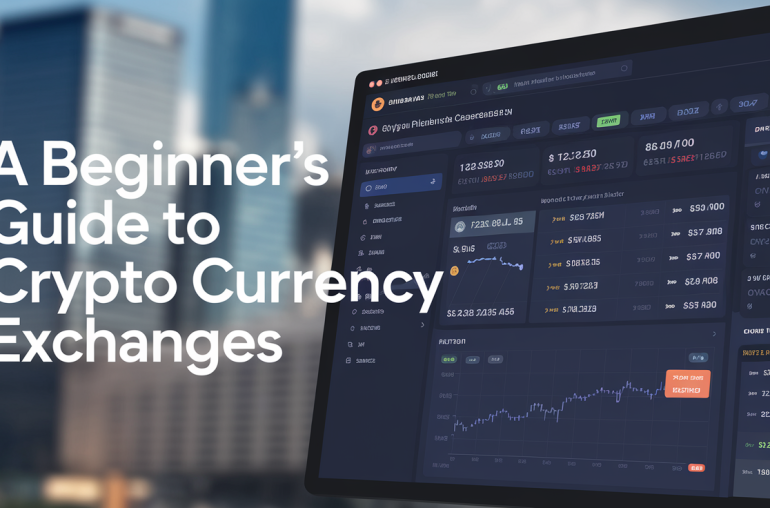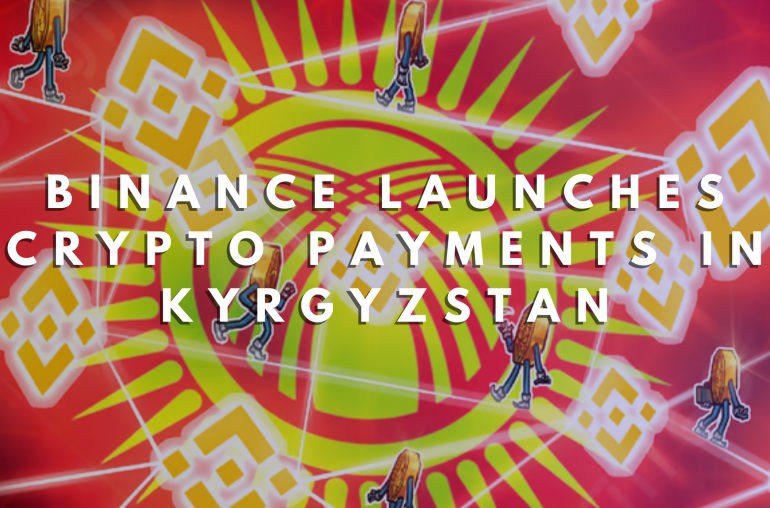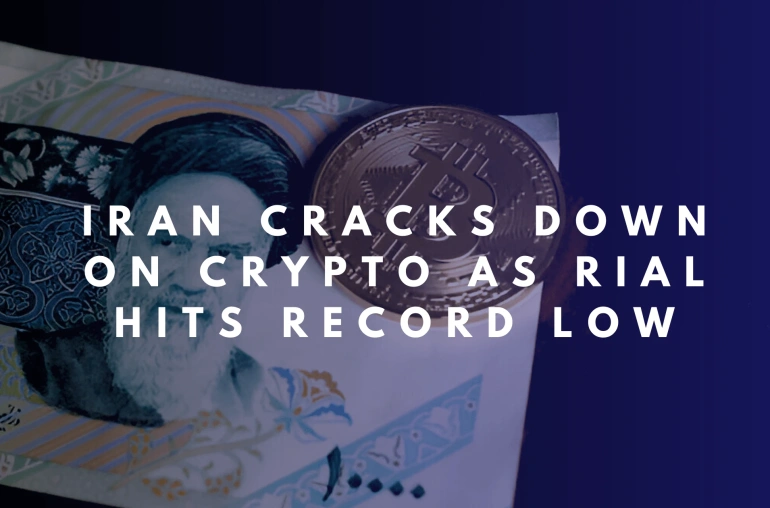Key Takeaways:
- RWA Tokenization Explained: This process converts ownership of a physical asset into a digital token. This token lives on a blockchain, which makes it easy to manage and trade.
- A Real-World Breakthrough: A $75 million deal to buy an oil and gas facility was recently completed in minutes. This shows how the technology can transform slow, traditional finance.
- Benefits for Emerging Markets: Tokenization creates new ways for businesses in emerging markets to raise money. It helps them bypass the usual hurdles of banking systems.
- Potential for Islamic Finance: This method involves direct ownership of a real asset that produces income. This means it may offer a powerful, Shariah-compliant way to invest, avoiding interest (Riba).
Most people think large international business deals are slow. They involve lots of paperwork and waiting for banks. Yet, a $75 million deal for an energy facility just settled in minutes, not days.
The secret wasn’t a new bank. It was blockchain technology. This proves its most powerful use might not be what you think.
Also read: Unlock Crypto’s Power: How Pakistanis Are Beating Inflation & Investing Ethically TODAY
So, What is RWA Tokenization, Anyway?
Let’s break down the key terms. It’s simpler than it sounds.
First, you have Real-World Asset (RWAs). This is just a term for any valuable physical item. It could be a building, art, or in this case, a working oil facility.
Next is Tokenization. Think of it as a secure, digital property deed.
The process uses blockchain technology, which is like a shared, ultra-secure digital record book. This technology converts ownership rights into a digital token.
This token proves you own a piece of the asset. It can be transferred almost instantly without slow middlemen.
A Real-World Example: The $75M Energy Deal
This isn’t just a theory. It’s already happening.
For example, a company called Feniix Energy just bought a $75 million energy facility in Latin America. They didn’t use the slow, traditional process.
Instead, the whole deal was managed on the blockchain. A firm called Global Settlement used its GSX Protocol to make it happen. They used tokenized ownership and digital money called stablecoins to close the deal.
The result? A cross-border transaction that normally takes days was done in minutes. Alejandro Uribe, a director at Feniix, said they achieved new levels of “efficiency, security, and transparency.”
A New Frontier for Emerging Markets
This speed is a game-changer, especially for businesses in emerging markets. They often struggle to get funding from traditional banks. Raising money for big projects like mines or refineries is very difficult.
Tokenization offers a way around these old roadblocks.
Kyle Sonlin, the founder of Global Settlement, said it’s a “key growth opportunity for emerging markets.” It creates a direct and transparent bridge between valuable assets and global investors.
An Islamic Finance Perspective on Tokenized Assets
For many Muslims, digital finance can be a concern. This is often due to principles against interest-based (Riba) deals.
This is where RWA tokenization gets interesting. It may align powerfully with the principles of Islamic finance.
Unlike speculating on currencies, a tokenized RWA is different. It means you buy direct ownership in a real, productive asset. In this case, it’s an energy facility that generates income.
This is a form of asset-backed investment, a key part of Islamic finance. Returns are tied to the business performance, not a loan, which avoids the structure of interest. This could be a new, Shariah-compliant way to invest.
Conclusion: More Than Just Digital Money
This $75 million deal is more than a big transaction. It’s a clear sign that blockchain technology is growing up.
It’s moving beyond speculation and into the real world. It is now solving practical problems.
By making it easier and faster to invest in physical assets, RWA tokenization can open up access to wealth. It can unlock new opportunities for growth in economies all over the world.
What are your thoughts on using blockchain technology for investing in real-world assets? Share your thoughts in the comments below!




